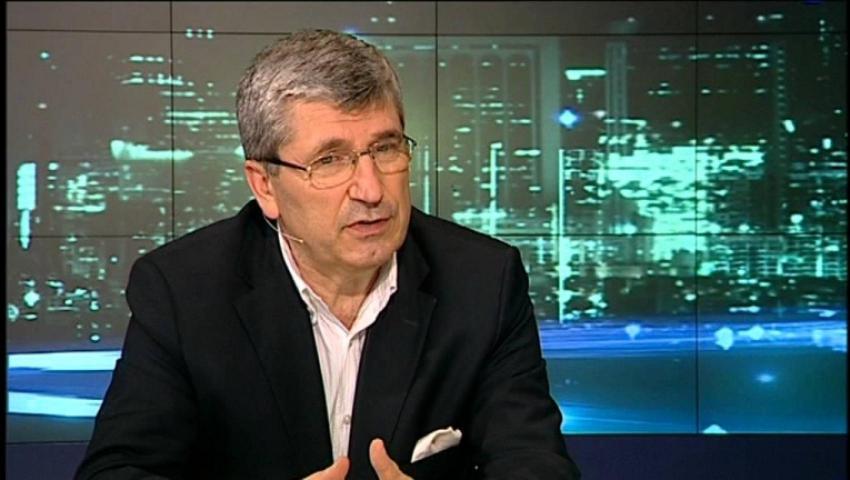liyan Vassilev on Negative Electricity Prices and Renewables: Losses for Producers Will Likely Be Covered Through Subsidies
In the End, the Bill Will Be Paid by Consumers or Taxpayers

As yet another wave of enthusiasm builds around solar installations and negative electricity prices — and accordingly, the “panacea” of batteries — let me remind you of a few basic facts:
The more solar panels we have, the greater the potential imbalance in the energy system. And that imbalance costs money — increasingly more money.
The more negative the prices are, the stronger the so-called “cannibalism” within the system becomes, especially among solar producers themselves. The reason: they too have fixed costs and loans that need to be repaid.
This was commented on by energy expert and diplomat Iliyan Vassilev through his social media profile.
Since a significant number of “investors” in solar projects are politically influential figures, get ready for pressure to “rescue” them. This will mean new subsidies — direct or indirect — aimed at compensating for the losses from negative prices. In the end, the bill will be paid by the consumers or taxpayers. And it will be felt.
Batteries are not a panacea. An exception are pumped-storage hydroelectric plants (PSH), which operate on a meaningful scale. Other types of batteries may eventually cover short-term consumption peaks — and that in some distant future. Their widespread adoption requires enormous financial and resource capacity (which also needs to be secured), as well as time. And there’s always the risk: the technological breakthrough that would make batteries cheaper hasn’t happened yet. You can easily end up drawing the short straw.
And finally: no matter what we do, there are at least 60 days a year when neither solar panels nor batteries can meet the system's needs. For these periods, power capacity is necessary — without it, the system simply can’t function.
Just so you know: super-negative prices on the order of minus 190 BGN/MWh don’t mean you’ll be paying cheaper electricity. On the contrary. System costs will continue to rise — and you’ll be the one paying for them too.
